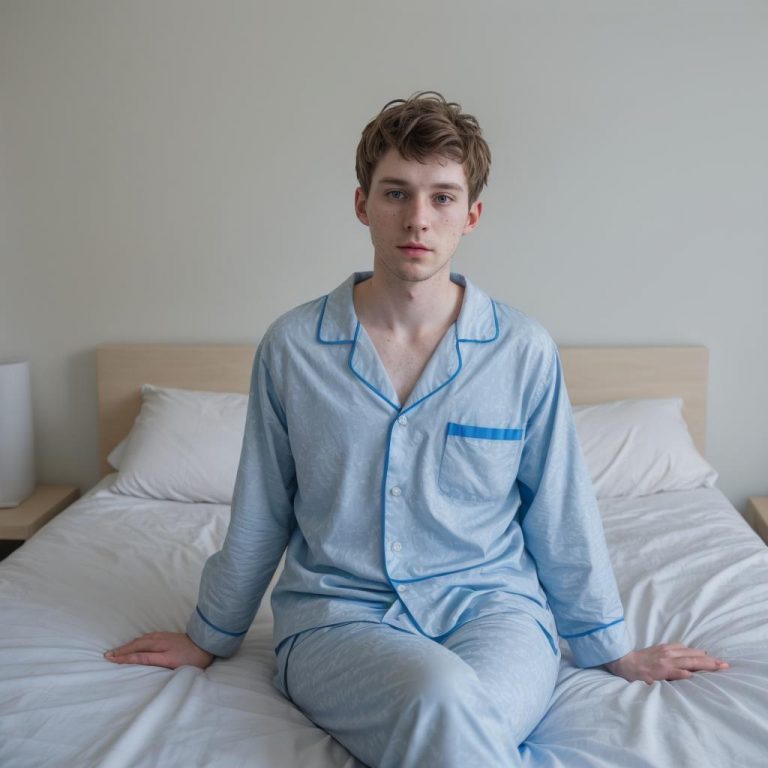

Understanding the relationship between allergies and fatigue
Allergies are a common ailment affecting millions of people worldwide.
From seasonal allergies triggered by pollen to year-round sensitivities to pet dander and dust mites, the symptoms can range from annoying to debilitating. One question that often arises is whether allergies can cause fatigue. Let’s delve into the connection between allergies and tiredness.
Allergy symptoms and their impact on energy levels
Allergies occur when the immune system overreacts to a substance, known as an allergen, triggering various symptoms. These symptoms can include sneezing, congestion, itching, watery eyes, and fatigue. While the primary focus is often on the more recognizable symptoms like sneezing and congestion, fatigue is a lesser-known but significant consequence of allergies.
When the body encounters an allergen, it launches an immune response, releasing histamines and other chemicals to combat the perceived threat. These chemicals can cause inflammation and lead to symptoms like congestion and itching. Additionally, this immune response can also contribute to feelings of tiredness and lethargy.
The role of histamines in fatigue
Histamines are chemicals produced by the body in response to allergens. They are responsible for many allergy symptoms, including itching, sneezing, and nasal congestion. Histamines can also affect the sleep-wake cycle and contribute to fatigue.
Research suggests that histamines play a role in regulating wakefulness and sleep. When histamine levels are elevated, as they are during an allergic reaction, they can disrupt the normal sleep cycle, leading to poor sleep quality and daytime fatigue. Furthermore, histamines can directly affect certain receptors in the brain that control alertness, making individuals feel more tired and sluggish.
Allergy medications and their impact on fatigue
Many allergy sufferers rely on medications such as antihistamines to manage their symptoms. While these medications can be effective in alleviating sneezing and itching, they may also cause drowsiness and fatigue as side effects.
First-generation antihistamines, such as diphenhydramine and chlorpheniramine, are known for their sedating effects. They can cross the blood-brain barrier and bind to receptors in the brain, leading to drowsiness and impairing cognitive function. While newer, second-generation antihistamines like loratadine and cetirizine are less likely to cause drowsiness, they can still affect some individuals, especially at higher doses.
Managing allergies and fatigue
If you suspect that your allergies are contributing to your fatigue, there are several steps you can take to manage both your allergies and your energy levels:
Identify and Avoid Triggers: Work with an allergist to identify specific allergens that trigger your symptoms and take steps to minimize your exposure to them.
Take Medications Wisely: If you require allergy medications, talk to your healthcare provider about choosing the right medication and dosage that minimizes drowsiness while effectively managing your symptoms.
Practice Good Sleep Hygiene: Establish a regular sleep schedule, create a comfortable sleep environment, and avoid caffeine and electronic devices before bedtime to improve sleep quality.
Manage Stress: Stress can exacerbate allergy symptoms and contribute to fatigue. Practice stress-reduction techniques such as meditation, deep breathing, or yoga to help manage your stress levels.
Stay Hydrated and Eat Well: Proper hydration and a balanced diet rich in fruits, vegetables, and whole grains can support overall health and energy levels.
Consider Immunotherapy: For severe allergies that do not respond to other treatments, allergen immunotherapy (allergy shots) may be an option to desensitize the immune system and reduce symptoms over time.
In conclusion, allergies can indeed make you tired. The immune response triggered by allergens, coupled with the effects of histamines and allergy medications, can lead to fatigue and decreased energy levels. By identifying triggers, managing symptoms effectively, and prioritizing good sleep and overall health, individuals can better cope with allergies and minimize the impact on their energy levels. If allergy-related fatigue persists despite these measures, consult with a healthcare professional for further evaluation and management.



